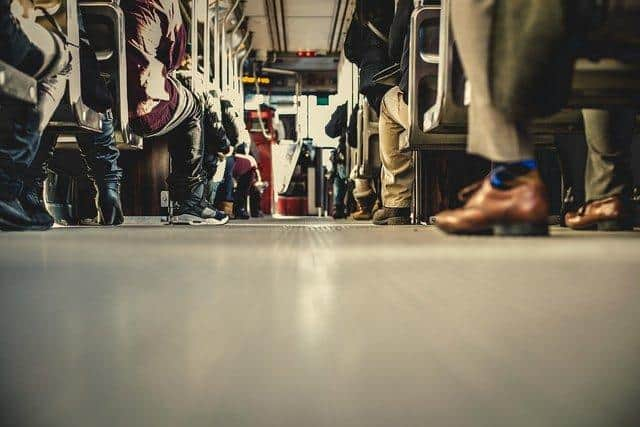Bus firms facing tougher financial scrutiny in return for public cash to keep them on the road after pandemic


Council bosses in the region have been paying out up to £1.5 million every week to cover lost income from travellers advised to stay home during the coronavirus lockdown.
Despite government plans to roll back the measures, providers continue to have a twin problem of reduced capacity and reduced demand due to social distancing and other fallout from COVID-19.
Advertisement
Hide AdAdvertisement
Hide AdAnd although regional leaders have agreed in principle to maintain subsidies, they could also demand more transparency in an attempt to drive up value for money in exchange for keeping the firms afloat.
“The bus industry will continue to be challenged and will require public support at greater levels,” said Tobyn Hughes, managing director of Transport North East.
“The general consensus [among council leaders] is that that is the correct thing to continue to do, albeit with some conditions to be applied to the bus companies in relation to the payments.
“The biggest of which, I think, is that the local authorities want to have greater transparency of the financial transactions, so we can be content that value for money is being delivered as best we can achieve when it is not a tendered payment.”
Advertisement
Hide AdAdvertisement
Hide AdHughes, who is also managing director of Metro operator Nexus, was speaking at this morning’s (Thursday, June 25) meeting of the North East Joint Transport Committee’s Overview and Scrutiny Committee, which was held by videolink and broadcast via YouTube.
Throughout the coronavirus crisis, ministers have topped up bus companies’ finances through an emergency Covid-19 Bus Service Support Grant.
At the same time, ministers also requested local authorities continue to pay subsidies for concessionary travel for the elderly and disabled, despite most travellers in that category being advised to stay home.
Hughes claimed without the payments buses may have stopped running.
Advertisement
Hide AdAdvertisement
Hide AdAnd although the industry still faces a battle to balance the books, the latest guidelines give cause for optimism.
He added: “We should see some recover to the farebox, passengers have increased from about 10% during lockdown to about 20% – reductions to social distancing allows that to increase further.”